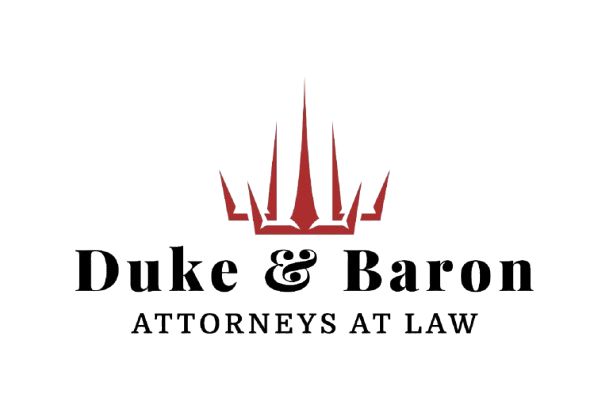Introduction
The Hon’ble High Court of Delhi has delivered a pivotal judgement in Adnan Nisar v. Directorate of Enforcement and connected matters on September 17, 2024. This case redefined the jurisdictional scope of the Prevention of Money Laundering Act, 2002 (PMLA), ruling that offences committed abroad can be classified as predicate offences under Indian law if they have cross-border implications and the proceeds of crime enter Indian territory. This landmark decision underscores India’s commitment to tackling the complexities of financial crimes, particularly those involving cryptocurrencies.
Case Overview
Factual Background
The case emerged from a cryptocurrency fraud reported by a victim in the United States, who suffered financial losses of $527,615.45. The fraudulent transactions were traced to Vishal Moral’s WazirX trading account in India, exposing a network of individuals involved in orchestrating the scheme. The Enforcement Directorate (ED), upon receiving a Mutual Legal Assistance Request (MLAR) from the U.S. Department of Justice, initiated an investigation under the PMLA.
Subsequent raids on Mr. Moral’s residence unearthed cash, electronic devices, and evidence linking him to wallet compromises and the laundering of stolen funds. These activities corresponded to offences under the Information Technology Act, 2000, and the Indian Penal Code, 1860, leading to the ED’s proactive involvement.
Arguments of the Parties
Petitioners
The petitioners argued that the ED’s investigation was ultra vires, as the predicate offence occurred outside India. They contended that the ED lacked authority under PMLA provisions without clear jurisdictional establishment of an Indian-scheduled offence.
Enforcement Directorate (ED)
Conversely, the ED relied on blockchain analysis to demonstrate the movement of stolen cryptocurrency into Indian accounts, establishing a scheduled offence. Emphasis was placed on the extraterritorial powers granted under PMLA, particularly in cases of cross-border implications.
Court’s Observations
1. Predicate Offence Under Foreign Law
The Court highlighted that offences committed outside India could be considered predicate offences under the PMLA if they align with Part C of the Schedule to the Act and involve cross-border movement of proceeds.
2. ED’s Investigative Powers
The Court clarified that the ED is empowered to investigate and prosecute offences under Sections 3 and 4 of the PMLA, provided there is evidence of proceeds entering India, irrespective of the predicate offence’s location.
3. International Cooperation
The Court underscored the importance of treaties like the “Treaty Between the Government of India and the U.S. on Mutual Legal Assistance in Criminal Matters,” which facilitates cross-border investigations and asset recovery.
Conclusion
This judgement fortifies the PMLA’s extraterritorial application, enabling India to act decisively against financial crimes with cross-border implications. It reinforces the necessity for global cooperation, particularly in the cryptocurrency domain, where transactions transcend national boundaries. The Delhi High Court’s decision is a robust step towards ensuring that the proceeds of crimes, regardless of their origin, do not escape accountability under Indian law.
How Duke & Baron LLP Can Assist
With over a decade of expertise in commercial law and dispute resolution, Duke & Baron LLP is uniquely positioned to handle cases involving cryptocurrency-related fraud and financial crimes. Our team specializes in navigating complex cross-border legal frameworks and has extensive experience representing clients before arbitral tribunals, the High Court of Delhi, and the Supreme Court of India.
Our Services Include:
• Fraud Investigation Support: Leveraging technical expertise to trace cryptocurrency transactions and identify perpetrators.
• Litigation & Arbitration: Robust representation in cases involving the PMLA, IT Act, and related laws.
• Cross-Border Dispute Resolution: Facilitating international cooperation and legal support for foreign entities and individuals.
• Regulatory Compliance Advisory: Ensuring businesses comply with evolving cryptocurrency regulations.
Duke & Baron LLP is committed to delivering tailored legal solutions for clients navigating the complex interplay of cryptocurrency, technology, and law. Reach out to us for unparalleled support in safeguarding your rights and interests in an increasingly digitized world.
